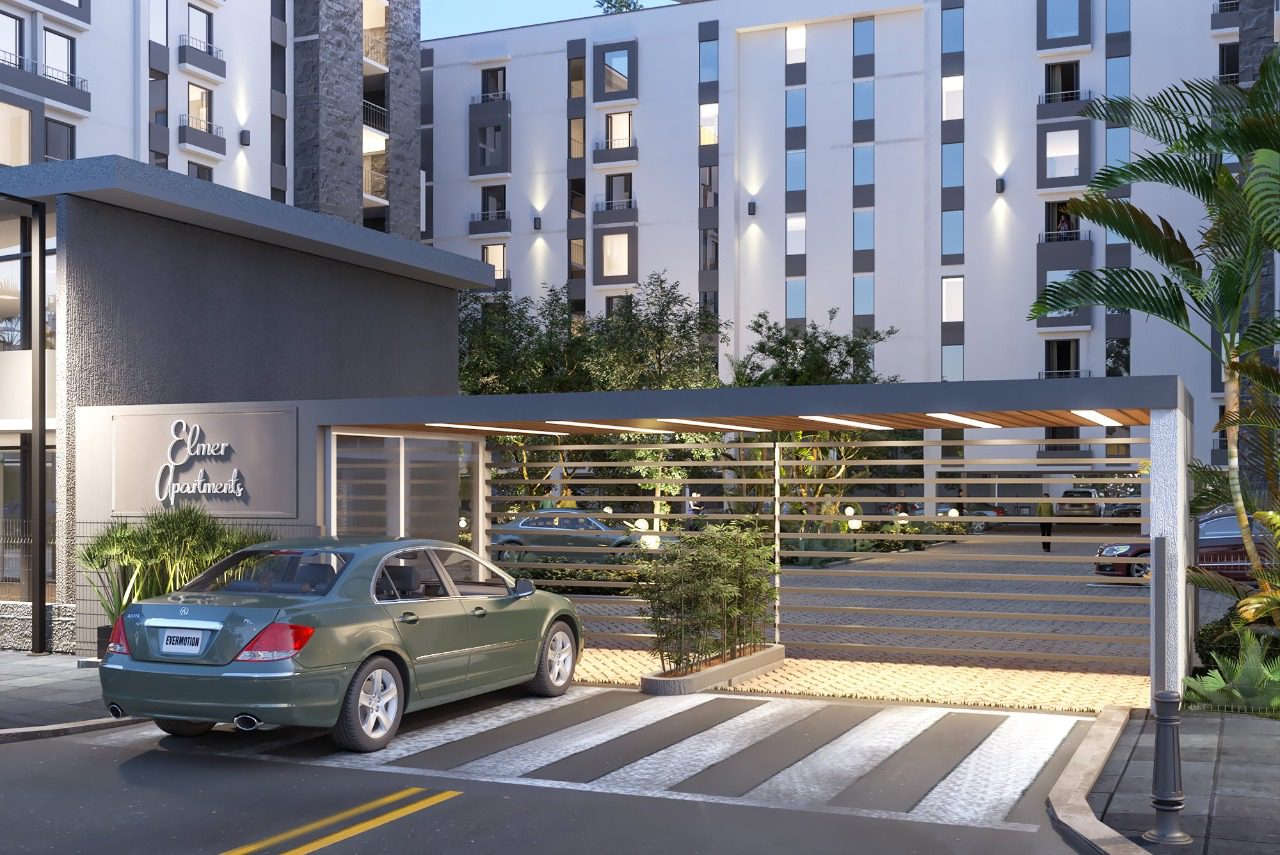Owning a house is one of the dreams of every aspiring homeowner. Housing affordability is a major challenge experienced by urban households in Africa. According to the African Development Bank (2011), only three per cent of the entire African population can afford a mortgage. House Prices in Kenya’s urban centres have increased tremendously over the last decade. Property values have increased by over three times since the year 2000. Many factors contribute to the high prices of houses in Kenya which include the high cost of land and infrastructure, cost of labour, building materials and high cost of finance.
The Kenyan government is trying to make homes affordable through its affordable housing plan. However, Kenya faces a tough challenge in its proposal to convince property developers to take part in a project that seeks to deliver nearly a million low-cost houses in Kenya by 2022. The government brought several incentives in a bid to spur the development of affordable housing across the country. The incentives are aimed to draw developers into the low-income housing market that has not received interest over the years. The real estate sector has focused more on the high-income housing segment because of its huge returns from investments.
The government aims to increase the construction of low-cost housing units in the real estate sector. The government set aside 7,500 acres of serviced land for developers to construct affordable houses. Although the government introduced new incentives many players of the real estate industry feel the benefits are not enough to spur the development of affordable housing in the country. Even though the provision of land to developers is seen as a game-changer for the sector, most developers have avoided the low-end housing due to its relatively high risk and low-profit margins.
Kenya has the highest prices of land in Africa and result developers tend to focus on constructing high-end houses to make a return on their investments. Ben Woodhams, the chief executive of Knight Frank said that developers pursue at least 20 per cent profit margins on development. He added the figure cannot be achieved on the low-end housing market due to the high cost of building materials and high cost of land, thus leading investors to focus on high-end homes.
According to Charles Hinga, the P.S Housing and Urban development, incentives will defeat the market forces that have made developers ignore the low-cost housing category. The real estate sector in Kenya builds an average of 50,000 housing units a year. Of the housing units that are developed 49,000 units are for the rich, while 1,000 units are for the low-income segment of the population. Statistics show that the national housing demand currently stands at about 500,000 units annually. Other incentives for Kenya’s affordable housing drive include:
- Corporate tax reduction: The government reduced corporate tax for property developers who build a minimum of 100 low-cost units under the affordable housing programme by half from 30 per cent to 15 per cent.
- Kenya Mortgage Refinance Company: The government in collaboration with private sectors has established KMRC. it will lend cash to banks and SACCOs to offer affordable mortgages to low-income earners. The lender will reduce mortgage interest rates from an average of 13.5 per cent to about 9 per cent.
- Fast track approvals: Developers in the affordable housing programme will enjoy fast-tracking approvals for the projects. Reforms in property registrations and access to affordable housing will also be fast-tracked for those involved in cheap housing.
- Affordable housing relief: Workers registered to the affordable housing programme will be eligible for tax relief of up to Sh 9,000. Employers will deduct the amount from income tax before passing on the rest to the Kenya Revenue Authority.
- VAT exemption: There will be no Value Added Tax on construction inputs for affordable housing projects. Goods imported for the direct and exclusive use in the construction of affordable houses by licensed Special Economic Zones(SEZ) are exempt from the 16 per cent VAT.
- Reduced tariffs: There will be reduced custom tariffs on imported inputs for the construction of houses under the affordable house plan.
Other incentives include the scrapping of duty for first-time buyers of homes. The Government has pledged to fast track the installation of critical infrastructure such as sewer lines, water supply, roads, power and drainage in areas where investors have proposed to build low-cost housing estates. The government now hopes that the planned incentives will help developers build affordable homes.

Ultra modern 3 bedrooms villas for sale in Nanyuki
Maiyan Villas, Maiyan, Nanyuki, Kenya
Luxury Villas 3 bedroom for Sale in Nanyuki
Nanyuki, Kenya
